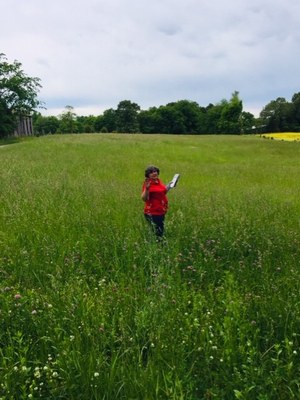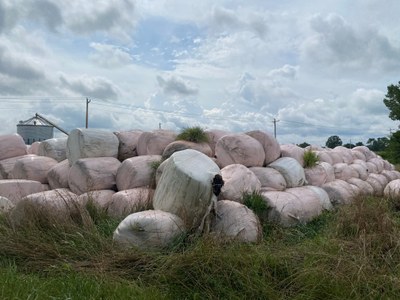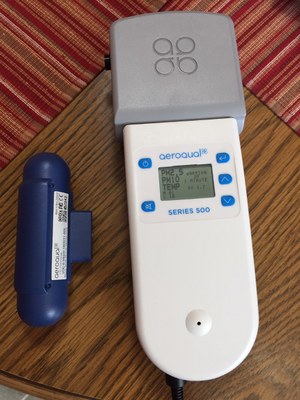Rachel Neal, Ph.D.

Dr. Rachel Neal, Associate Professor in the Department of Environmental and Occupational Sciences of the School of Public Health and Information Sciences, has an active toxicology research lab that primarily trains undergraduate students. Dr. Neal’s current work includes two community local air quality research projects; the first is located in rural Southwestern Kentucky and explores the impact of hemp processing plants on neighborhood air quality. The second focuses on neighborhood air quality assessments in Louisville. Key to both projects is the dissemination of outcomes directly to community partners.

Dr. Neal first became interested in environmental and occupational health after her grandfather and other family members were diagnosed and/or suspected of having Black Lung Disease. During her undergraduate training at the Missouri University of Science and Technology, which was located near the Old and New Lead Belts, she was employed at the US Bureau of Mines research station as an analytical chemist. In graduate school, she studied the impact of Pb-exposure in vitro and in vivo and assisted with a study of immune function in Pb-exposed children. She is primarily interested in studying the impact of maternal vaping and/or smoking during pregnancy on child health, with a focus on the link between intestinal microbiota and tissue metabolic function.

Dr. Neal, jointly with Dr. Luz Huntington-Moskos, were awarded a community engaged pilot project which began when concerned community members in a rural setting reached out to the CIEHS for support related to an overpowering odorous smell accompanied by multiple adverse health reports that they attributed to the presence of a newly opened hemp-processing plant. The pilot funding will aid in procurement of sampling equipment which will be crucial to the ongoing, community-engaged establishment of baseline air quality data (ozone, PM 2.5/10, SO2, NO2, total VOCs and individual VOC measures) as well as during peak processing times including harvest season. Given the increase in hemp processing plants in the region, local air monitoring should be prioritized to mitigate any potentially negative impacts of this new industry on rural community health. Air monitoring at the regional level does not adequately describe local or adverse event air pollution. Measuring air quality around hemp processing facilities may be needed to fully understand the impact of emissions. This research project will assist in establishing the structure and developing the capacity for air monitoring and community engagement between communities and the University of Louisville
